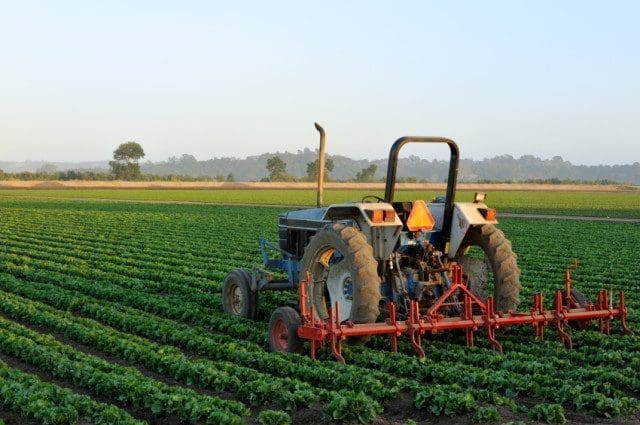A prominent agribusiness expert has challenged Ghana’s youth to abandon traditional job-seeking mindsets and embrace entrepreneurial opportunities in agriculture, warning that current employment patterns threaten national economic transformation.
Mrs. Juliana Asante-Dartey, Deputy Chief Executive Officer of Agri-Impact Limited and recognized Outstanding African Woman in Agribusiness Consulting, delivered this urgent message during discussions with The High Street Journal, emphasizing agriculture’s potential to absorb Ghana’s growing graduate population.
Ghana faces a critical employment challenge with approximately 300,000 young people entering the labor force annually, yet nearly 60 percent face underemployment or confinement to informal sector jobs, according to Ghana Statistical Service (GSS) data. This reality underscores why structured workplace learning initiatives prove essential for economic transformation.
Asante-Dartey highlighted the Young Agribusiness Professionals (YAPP) program as a transformative solution bridging theoretical education with practical industry demands. YAPP provides comprehensive mentorship, workplace exposure, and professional development covering curriculum vitae preparation, interview techniques, public speaking, professionalism standards, gender awareness, safeguarding protocols, and artificial intelligence (AI) applications.
“Youth advancement, skills development, and talent management form the core of Agri-Impact’s mission,” she explained, emphasizing how structured mentorship transforms job seekers into innovators and value creators capable of addressing agricultural sector challenges.
The program’s learning modules address critical gaps between classroom theory and contemporary workplace requirements, providing participants confidence to adapt and excel within dynamic agribusiness environments. These innovative approaches institutionalize youth capacity building through structured, sustainable, and accredited training pathways specifically designed for agricultural sector advancement.
Agri-Impact Limited operates comprehensive programs aimed at creating employment opportunities for 326,000 young people across Ghana over four years, focusing specifically on rice, soya, poultry, and tomato value chains. The company’s initiatives demonstrate practical approaches to addressing youth unemployment through agricultural innovation.
Speaking directly to national service personnel, Asante-Dartey urged them to view their mandatory service year strategically rather than as waiting periods. She emphasized viewing service assignments as investments in professional skills development, network building, and entrepreneurial idea generation.
“You are not simply there to work or pass time. You are there to acquire lifelong skills and networks that will serve you within Agri-Impact, other organizations, or through independent ventures,” she stressed, highlighting service periods as foundation-building opportunities.
The expert charged young Ghanaians to approach agribusiness boldly, recognizing it as innovation and leadership frontier rather than traditional farming. Her message comes amid persistent youth unemployment challenges, with recent GSS data indicating national unemployment at 13.1 percent despite modest improvements in job creation.
Agricultural transformation represents particular urgency for Ghana’s economy, given the sector’s potential for absorbing large labor populations while generating foreign exchange through value-added exports. Traditional agricultural practices have limited Ghana’s competitiveness in global markets, necessitating technological innovation and modern business approaches.
“African agriculture’s future depends entirely on its youth. The opportunities are vast but require vision, resilience, and innovation. We need you not only as workers, but as employers, leaders, and trailblazers,” Asante-Dartey declared, outlining agriculture’s transformative potential for continental development.
The call for agricultural entrepreneurship aligns with government initiatives promoting value addition in agricultural products, particularly within rice, soybean, and poultry sectors where Ghana maintains comparative advantages but lacks processing capacity to maximize export earnings.
Agri-Impact Limited’s success in winning multiple Ghana Agribusiness Excellence and Leadership Awards demonstrates practical models for youth engagement in agricultural transformation. The company’s approach combines traditional agricultural knowledge with modern technology applications, creating sustainable employment pathways for educated youth.
The expert’s challenge reflects broader continental trends where agricultural innovation drives economic transformation, with countries like Rwanda and Kenya demonstrating how youth-led agribusiness initiatives generate significant employment while boosting agricultural productivity and export competitiveness.
Source: newsghana.com.gh











